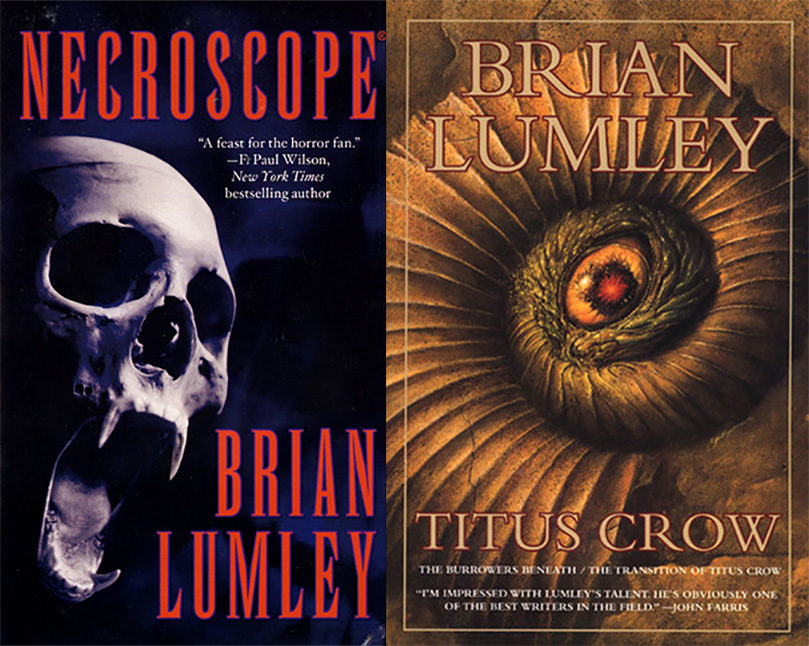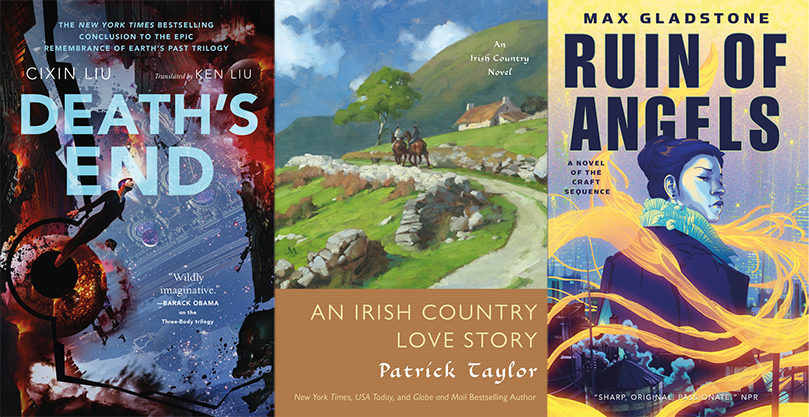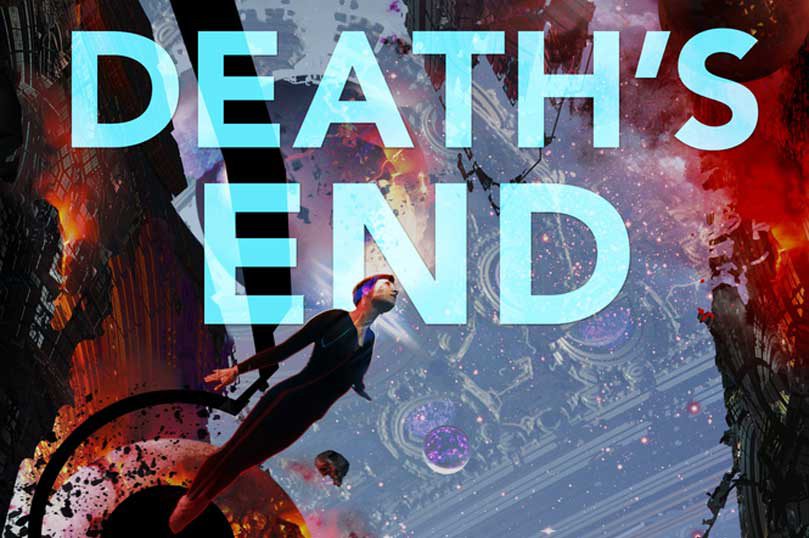
Top 12 Books to Use as Bludgeoning Weapons in a Pinch
We’ve all had to use our books as bludgeoning weapons before, so here’s a list of bricks that you can pitch in a pinch.

We’ve all had to use our books as bludgeoning weapons before, so here’s a list of bricks that you can pitch in a pinch.

The ebook editions of Necroscope and The Burrowers Beneath by Brian Lumley are now on sale for only $2.99, perfect for some chilling Halloween reading!

New from Cixin Liu, Patrick Taylor, Max Gladstone, and more!

Ebook editions of Tor Books finalists for the Hugo Awards are temporarily on sale for $2.99. This offer ends August 4th.

New releases from Cixin Liu, Kristen Simmons, Sarah Porter, and more!

The Three-Body Trilogy concludes with Death’s End. Half a century after the Doomsday Battle, the uneasy balance of Dark Forest Deterrence keeps the Trisolaran invaders at bay. Earth enjoys unprecedented prosperity due to the infusion of Trisolaran knowledge. With human science advancing daily and the Trisolarans adopting Earth culture, it seems that the two civilizations will soon be able to co-exist peacefully as equals without the terrible threat of mutually assured annihilation. But the peace has also made humanity complacent. Please enjoy this excerpt.